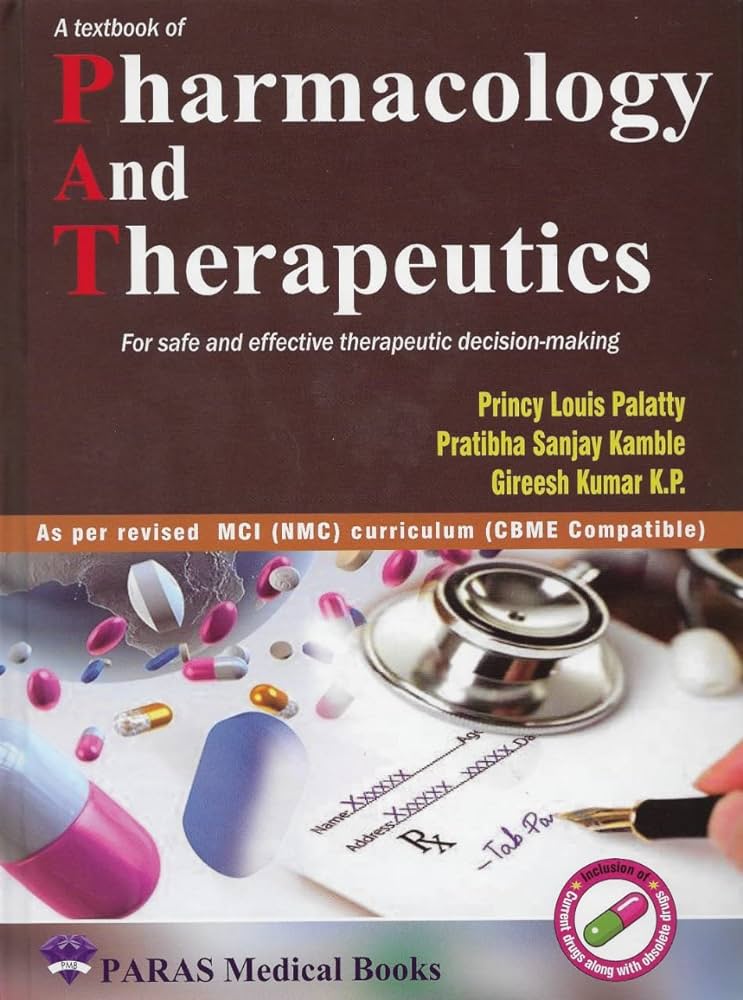羟基羧酸受体2 (HCAR2)作为神经代谢性疾病的潜在靶点。
IF 12.5
1区 医学
Q1 PHARMACOLOGY & PHARMACY
引用次数: 0
摘要
羟基羧酸受体2 (HCAR2)是一种g蛋白偶联受体,最初因其在脂质代谢中的作用而被发现。除了经典的代谢功能外,HCAR2在慢性炎症疾病、神经代谢紊乱和疼痛调节中也起着关键作用。来自临床前研究的证据表明,当内源性由β-羟基丁酸和药理学上由烟酸及其衍生物激活时,HCAR2通过在神经系统疾病和慢性疼痛中提供神经保护作用,减弱小胶质细胞的反应性,抑制促炎细胞因子的释放,调节神经元的兴奋性。此外,新出现的数据强调其参与肠-脑轴调节,将饮食干预和微生物衍生代谢物与中枢神经系统功能联系起来。具有改善药代动力学和安全性的选择性HCAR2激动剂的发展为针对周围和中枢病变的治疗带来了希望。这篇综述探讨了HCAR2的结构和功能方面,并通过强调其在代谢和神经炎症疾病中的治疗潜力,描述了新的合成HCAR2激动剂。本文章由计算机程序翻译,如有差异,请以英文原文为准。
Hydroxyl carboxylic acid receptor-2 (HCAR2) as a potential target in neurometabolic diseases
Hydroxycarboxylic acid receptor 2 (HCAR2) is a G-protein-coupled receptor initially identified for its role in lipid metabolism. Beyond its classical metabolic functions, HCAR2 plays a pivotal role in chronic inflammatory diseases, neurometabolic disorders, and pain modulation. Evidence from preclinical studies suggest that when endogenously activated by β-hydroxybutyrate and pharmacologically by niacin and its derivatives, HCAR2 attenuates microglial reactivity, suppress pro-inflammatory cytokine release, and modulate neuronal excitability, by offering neuroprotective benefits in neurological disorders and chronic pain. Additionally, emerging data highlight its involvement in gut-brain axis regulation, linking dietary interventions and microbiota-derived metabolites to Central Nervous System function. The development of selective HCAR2 agonists with improved pharmacokinetic and safety profiles holds promise for treatments targeting both peripheral and central pathologies. This review explores the structural and functional aspects of HCAR2, and describe novel synthetic HCAR2 agonists, by emphasizing its therapeutic potential across a spectrum of metabolic and neuroinflammatory disorders.
求助全文
通过发布文献求助,成功后即可免费获取论文全文。
去求助
来源期刊
CiteScore
23.00
自引率
0.70%
发文量
222
审稿时长
90 days
期刊介绍:
Pharmacology & Therapeutics, in its 20th year, delivers lucid, critical, and authoritative reviews on current pharmacological topics.Articles, commissioned by the editor, follow specific author instructions.This journal maintains its scientific excellence and ranks among the top 10 most cited journals in pharmacology.

 求助内容:
求助内容: 应助结果提醒方式:
应助结果提醒方式:


